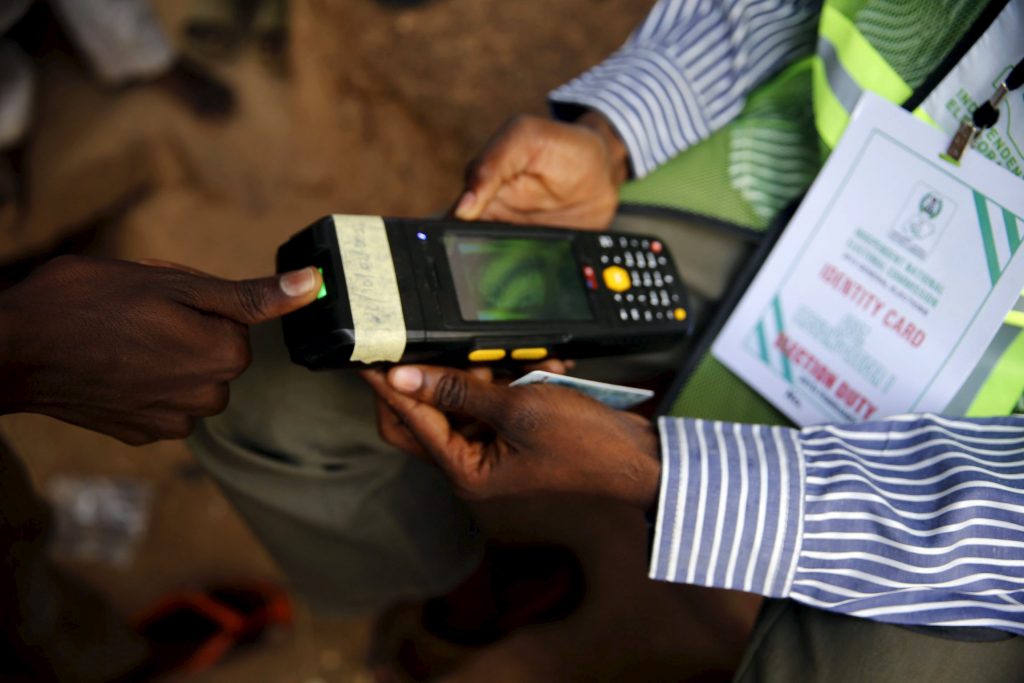President Buhari’s newly signed electoral bill 2021 has technological implications and possibilities

The long-awaited electoral amendment bill has finally been signed into law by the government, bringing hope and excitement to everyone, including the tech ecosystem, in the country.
The signing of Electoral Act into law. pic.twitter.com/O1nwPGiSPX
— Bashir Ahmad (@BashirAhmaad) February 25, 2022
The recently signed Electoral Amendment Bill of 2022 amends the Electoral Act of 2010 and is intended to help Nigeria improve its electoral process in comparison to previous elections.
The electoral bill, which had been awaiting President Muhammadu Buhari’s approval since 2015, has now been signed into law, putting an end to the president’s 7-year refusal to sign the bill into law.
With the launch of the new milestone in the country’s electoral reforms, there are a number of exciting opportunities, particularly in terms of technology.
Results are transmitted electronically.
The electronic transmission of results has been one of the central topics of recent electoral debates, with INEC and the Nigerian Senate seen to disagree repeatedly on this single issue.

In July 2021, the Senate prohibited the Independent National Electoral Commission (INEC) from electronically transmitting results as intended, citing Section 50(2) of the Electoral Act, which expressly prohibits electronic transmission of votes.
“Voting at an election under this Bill shall be in accordance with the procedures determined by the commission, which may include electronic voting, provided that the commission shall not transmit results of the election by electronic means,” the Act reads.
Following a series of backlash, the Senate caved in October and gave the Independent National Electoral Commission (INEC) sole authority over the mode of transmission of results.
However, the issue of electronic transmissions has been resolved, as clause 50 of the recently passed electoral bill now states that INEC has the authority to decide whether election results are submitted electronically or manually.
This announcement should bolster Nigerians’ confidence in the electoral commission’s ability to conduct elections free of interference from the National Assembly and other bodies.
Voter accreditation via electronic means
While this action is already in place, Clause 47 of the recently passed electoral bill emphasizes INEC’s authority to certify voters electronically using Smart Card Readers or other technological equipment as it sees fit.
INEC started implementing electronic voting in Nigeria in 2004 with optical map registration forms and direct data collection machines.

These technologies’ applications were then expanded, culminating in the Smart Card Reader (SCR) and Permanent Voter Cards (PVCs).
Even though the announcement was met with a barrage of criticism at the time, the commission went on to announce that it would use the Bimodal Voter Accreditation Device (BVAD) to record voters’ faces and fingerprints for the governorship election in Anambra in 2021.
The Bimodal Voter Accreditation System, according to the commission, will integrate two types of voter verification: fingerprint and facial biometrics for voter identification verification.
The newly signed bill will give the commission the authority it needs to create a framework to address the country’s outstanding issues with electronic accreditation.
Persons with disabilities are included
A long-standing electoral concern has been how to include people with disabilities in the country’s electoral process, but that is about to change thanks to a provision in the newly passed law.
As stipulated in Clause 54(2) of the newly signed Electoral Amendment Bill of 2022, INEC must ensure that people with disabilities, special needs, and vulnerable people are assisted at polling places by providing appropriate communication devices.
Technical assistance, such as Braille, large embossed print, electronic devices, sign language interpretation, or, in appropriate cases, off-site voting, may be provided.
Nigerians are keeping a close eye on the Independent Electoral Commission to see how these new provisions are implemented, beginning with the gubernatorial elections in the coming months.
Hopefully, the commitment of this administration to leaving a legacy of robust election processes is not a mere dream, as many observers believe.







